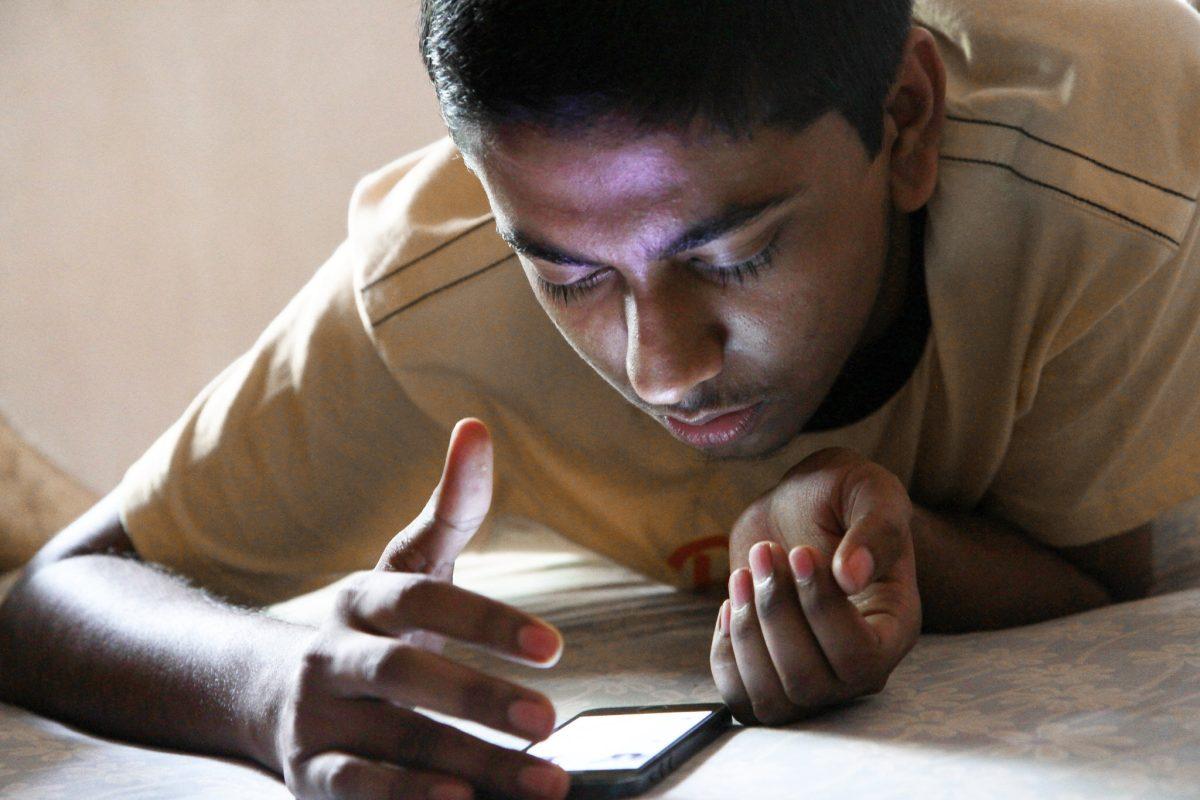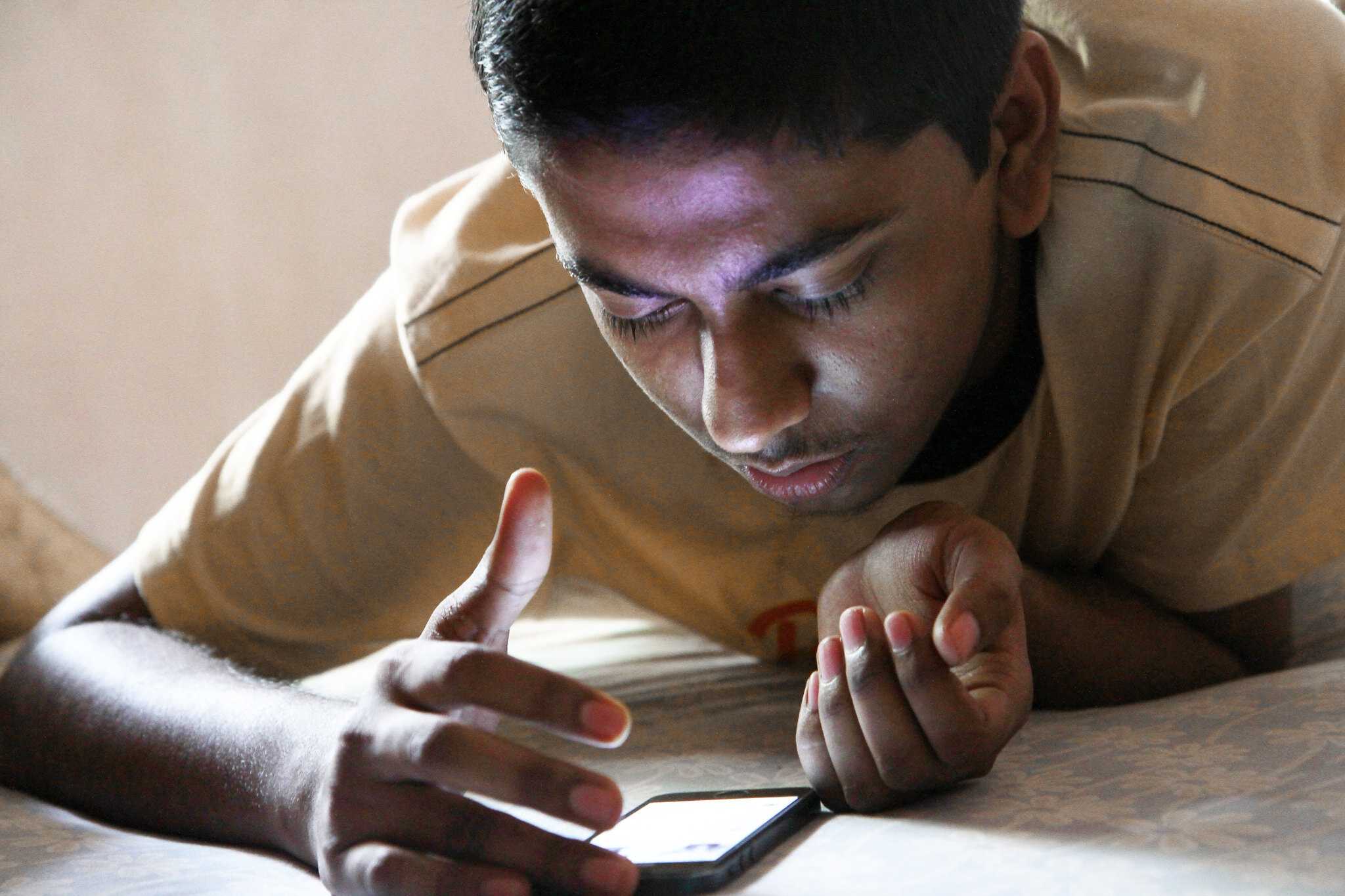Have Millennials and Gen Z ever wondered what they might be missing out on- or has it ever dawned on them that their perception of time is speeding faster the further they look into a phone screen? Technology has transcended from a tool to a complete distraction with the help of social media. The internet used to serve as an escape from real life. Now, real life is an escape from the internet.
COURTESY // PABAK SARKAR
The National Center for Biotechnology Information said “Research has shown that college-age students in the US may spend an average of 8–10 hrs per day on a smartphone.” Now, imagine what could have been done with these precious hours of daylight. Taking the time to master painting, sewing, poetry, or read a wealthy amount of books. If 8 hours is the daily average screen time amount, that averages out to 98 days devoured by a screen per year. Time is precious, and the hours allotted for healthy habits should override the attention given to someone else’s life via social media.
At night, after a long and stressful day, many people lay in bed, decompress and scroll through Snapchat observing other people’s experiences- which sanctions no solitude to process the day or contemplate potential lessons that could have been acknowledged over the past 24 hours. Summer Lindsey, a Sonoma resident, says “When I go to bed, it’s hard to have a clear mind or set my intentions for the following day because I’m so hypnotized by my phone and keeping up with what my family and old friends are doing on social media. I wish I could stop, but scrolling really helps to lull me to sleep. You could call it a crutch of some sort”. When replacing good habits with bad ones, it is clear that there is an issue- such as forsaking sleep and mindfulness for scrolling through Instagram.
As a collective, most college students are hooked into addictive patterns relating to social media for reasons that surpass staying in connection with old friends. The addiction lies within the scroll. As people wander through platforms such as Instagram, Tiktok, and Facebook, they are exposed to new information every few seconds. This has transformed the attention span, and the only place users are able to indulge in instant dopamine is through a screen. Ultimately, this experience detaches people from the real joys of reality.
Quitting a bad habit such as obsessive social media use can be prompted by a multitude of reasons, one being frustrated with the repercussions of technology that include painfully lazy days that loom over someone’s desire for productivity. Taking time off social media can result in treasured outcomes like experiencing a full day that feels longer and more full of real life. On a similar note, there is a chance someone might feel more confident after deciding to not paralyze their self-image based on the comparison to others. The beauty standards and lifestyle expectations have dramatically inclined, causing many people to compare themselves to something that is somewhat fiction. Always trying to be pretty enough, and prove worth to others through social platforms can feel like the ugliest thing.
Cutting back on smartphone usage and offers the chance to see the real in reality can make all the difference. In this seemingly bizarre and technological world, there is still hope. With a little self-control, anyone can pull themselves out of the internet’s abyss, and into real-life hobbies that add productivity and purpose back into life. It is vastly important to reconnect with the inner-self, and not the wifi.




































